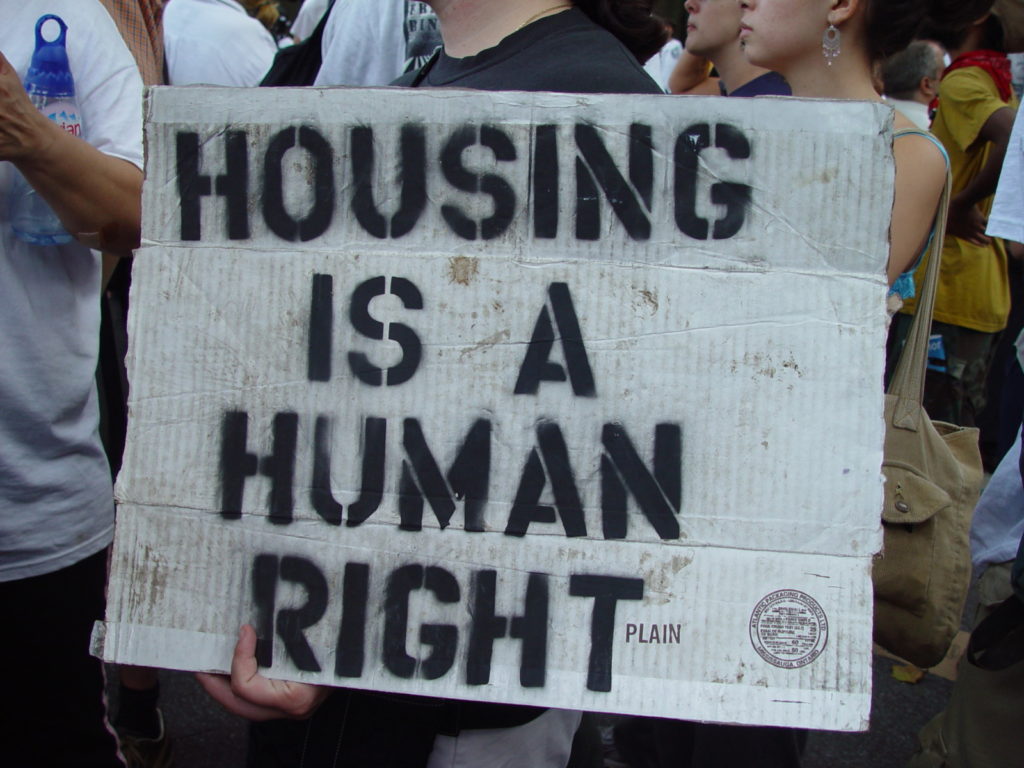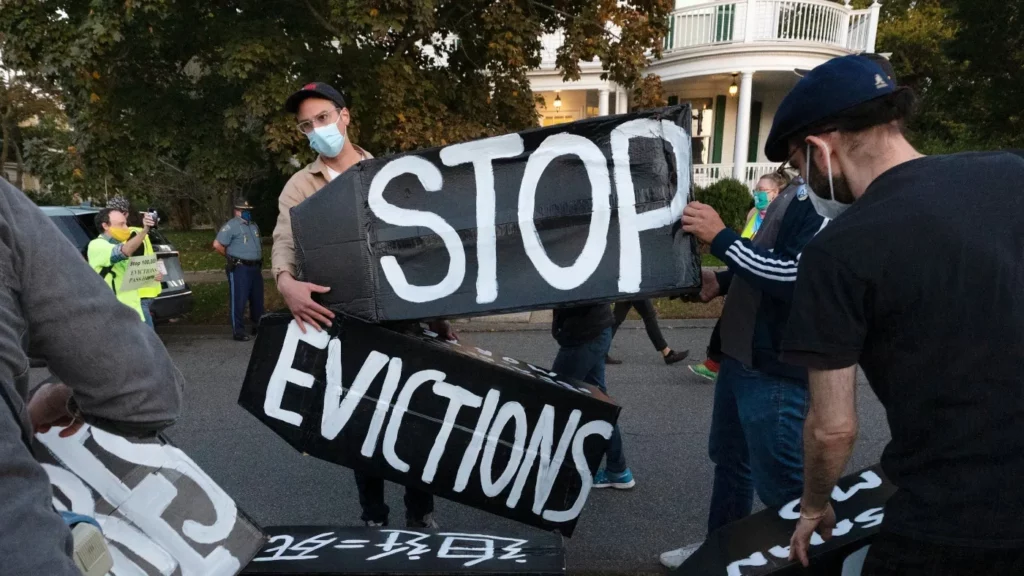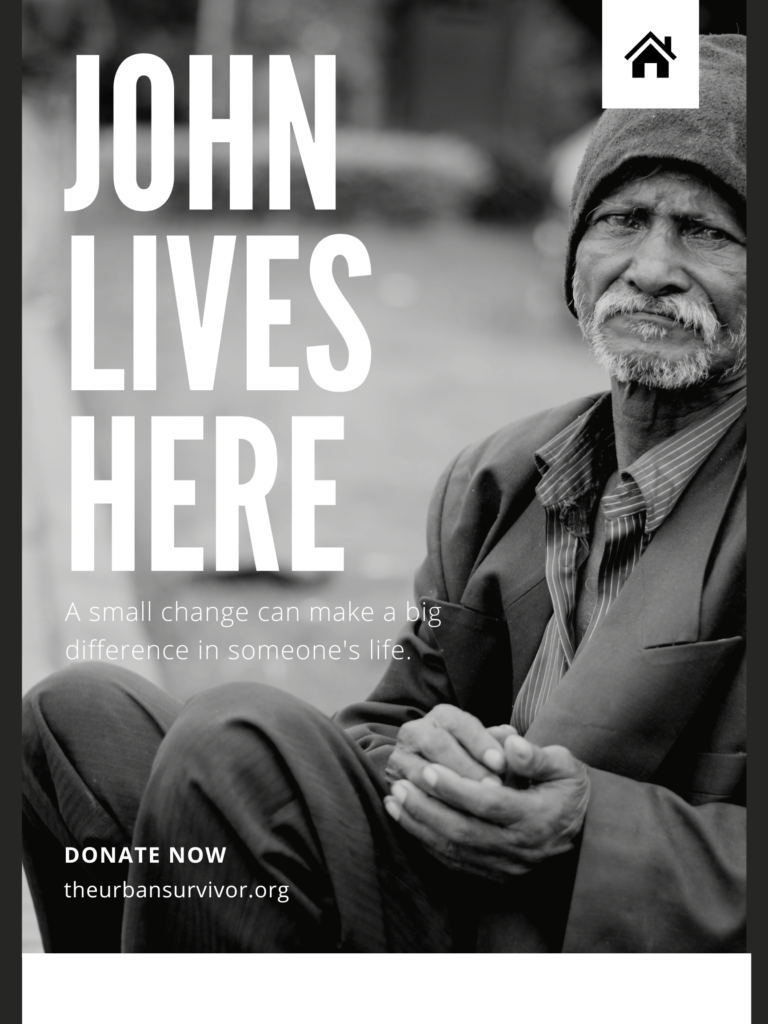Evictions in Canada have a long history, beginning with the forced displacement of Indigenous Peoples due to colonization and European settlement. In this three-part blog series focusing on shelter diversion and eviction prevention (SD-EP), we will explore past policies and governing documents that continue to contribute to homelessness and impact efforts in Canada today.
Shelter Diversion (SD) is a strategy that diverts individuals and families from entering the emergency shelter system by providing them alternate supports to prevent their homelessness. Supports can include providing immediate alternative housing and connections to various services, such as financial assistance. Similarly, Eviction Prevention (EP) initiatives support individuals and families so that they do not face eviction and avoid becoming homeless.
To develop effective SD-EP programs, it helps to begin with a historical perspective to understand the nature of the problem of eviction so that we can impact the underlying causes and avoid reproducing harms that evictions have caused over centuries. In this blog, we will focus on the Doctrine of Discovery and the National Housing Act as two examples that show the continuity of colonial policies and governing documents favouring the displacement of Indigenous Peoples and other marginalized groups.
The Doctrine of Discovery
“…invade, search out, capture, vanquish, and subdue all Saracens and pagans whatsoever, and other enemies of Christ wheresoever placed, and the kingdoms, dukedoms, principalities, dominions, possessions, and all movable and immovable goods whatsoever held and possessed by them and to reduce their persons to perpetual slavery, and to apply and appropriate to himself and his successors the kingdoms, dukedoms, counties, principalities, dominions, possessions, and goods, and to convert them to his and their use and profit” – Pope Nicholas V (Papal Bull 1452)
Indigenous Peoples in Canada are overrepresented within the homeless population. Indigenous homelessness is fundamentally rooted in the Doctrine of Discovery, yet many people do not know about it. The Doctrine of Discovery is a 600-year-old governing document that led to and justified the original eviction of Indigenous Peoples from their homelands during colonization.
“Settler colonialism is founded upon the eviction of Indigenous Peoples from their homelands: it aims to force Indigenous Peoples out of place, temporally and spatially. Scholars of settler colonialism show that it is a “structure not an event,” and that the process of “settling” Indigenous lands is contemporary, persistent, and present.” – Buhler and Barkaskas, 2023
The Doctrine was used by European monarchies in the mid-1400s to legitimize the seizing and colonizing of Indigenous lands outside of Europe, leading to the forced displacement of Indigenous Peoples. The Doctrine set the stage for Indigenous Peoples to become homeless on their own lands and remains relevant to the context of Indigenous homelessness today, as it is still the basis for Canadian law.
This history needs to be taken into consideration when discussing Indigenous homelessness prevention and SD-EP initiatives. Preventing Indigenous homelessness requires a fundamental shift from denouncing the Doctrine of Discovery to dismantling it.
The National Housing Act
Another historical document that continues to shape the issues of homelessness and eviction today is the 1973 National Housing Act and its gradual cancellation as the federal government withdrew from the provision of social housing.
Through the Act, the federal government began investing in the development of up to 20,000 social housing units per year, and this continued through the 1980s, providing people with safe and secure housing. However, an international economic shift led to government cutbacks in the 1990s, and the programs under the Act were dismantled. These policies laid the groundwork for the onset of mass homelessness as we know it today. This crisis has specifically impacted Indigenous Peoples, continuing the state-backed displacement begun under the Doctrine of Discovery.
Since that time, the federal government has left the issue of homelessness to municipal governments. This has led to communities across Canada testing solutions and responses, such as prevention programs like SD-EP.
The Current Landscape of Homelessness
Thirty years later, mass homelessness in Canada continues to result from society’s failure to ensure that adequate systems, funding, and supports are in place to provide everyone with safe and affordable housing. An array of systemic and structural factors contributes to homelessness, including:
i) Siloed systems that discharge people into homelessness.
ii) Stagnant development in affordable housing and income security programs, compounded by the commodification of housing.
iii) Systemic discrimination.
iv) Continued colonization.
Service providers in the homelessness sector across Canada have spent decades confronted with the persistent growth of the issue and are looking for better ways to respond to homelessness and ultimately prevent and end it.
“If we want to stop people dying in the roads, we invest money in seatbelts, not the emergency department.” – Peter Jacobson, Manager, Youth Services, BCYF, Australia
In recent years, communities have begun to make the shift from managing the crisis of homelessness to preventing homelessness from happening in the first place. This is the context that has seen the emergence of SD-EP programs. However, for these programs to succeed, more direction and support from all levels of government are needed.
Moving Forward
The authors of this blog are researchers with the Canadian Observatory on Homelessness (COH) who are working on a project to collect knowledge about SD-EP programs from across Canada. Our goal is to help build community capacity for developing SD-EP programs. Our project includes a literature review, an environmental scan, a national survey, case study interviews, and more. We will use the knowledge gained to co-create training and technical resources for organizations looking to start or improve an SD-EP program.
In trying to understand what allows these programs to succeed, the importance of history has been clear to us: the impacts of the Doctrine of Discovery and the National Housing Act continue to be felt. They influence the systemic and structural barriers that people experiencing homelessness and housing insecurity encounter and that SD-EP programs seek to overcome.
In the next blog in this series, we will share insights from our project development and highlight the key learnings that should be incorporated into SD-EP programs.
SD-EP | Shelter Diversion / Eviction Prevention
https://www.homelesshub.ca/blog/evictions-and-homelessness-canada-historical-perspective




